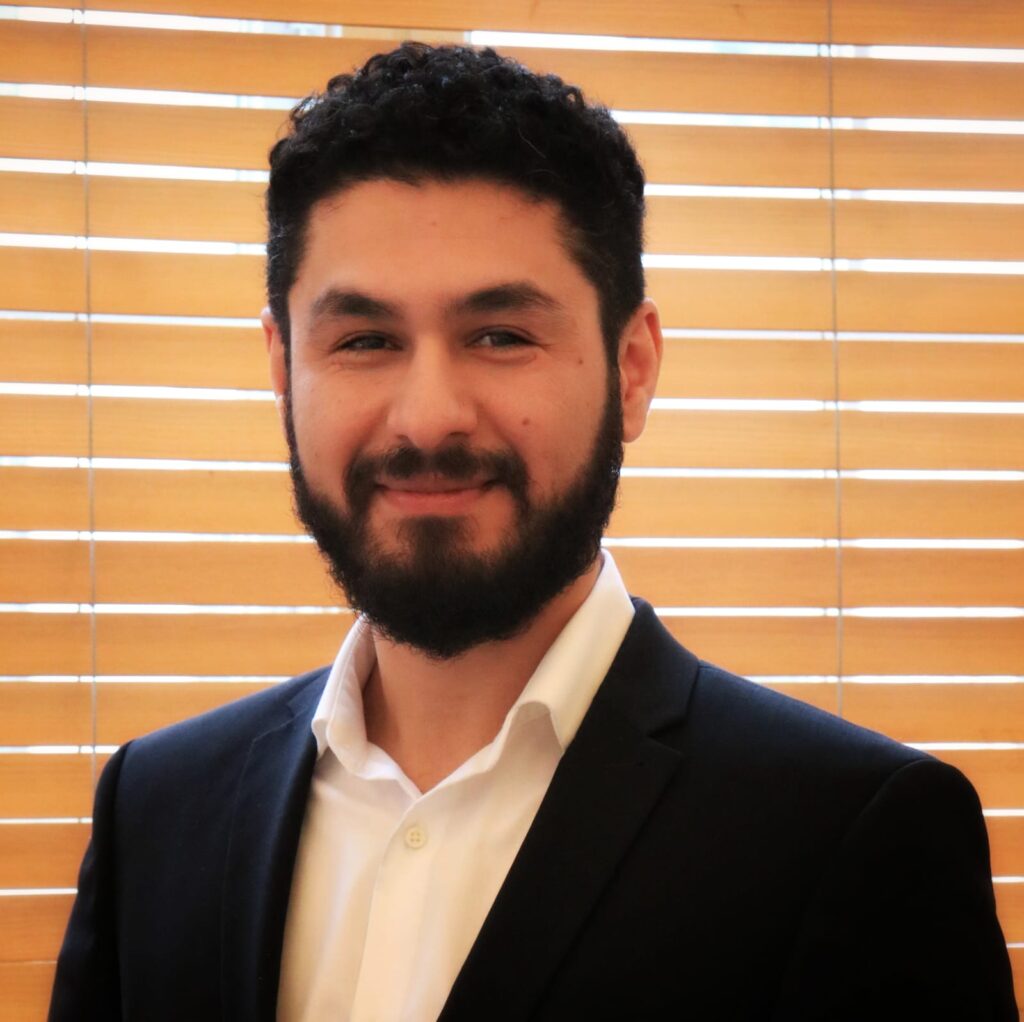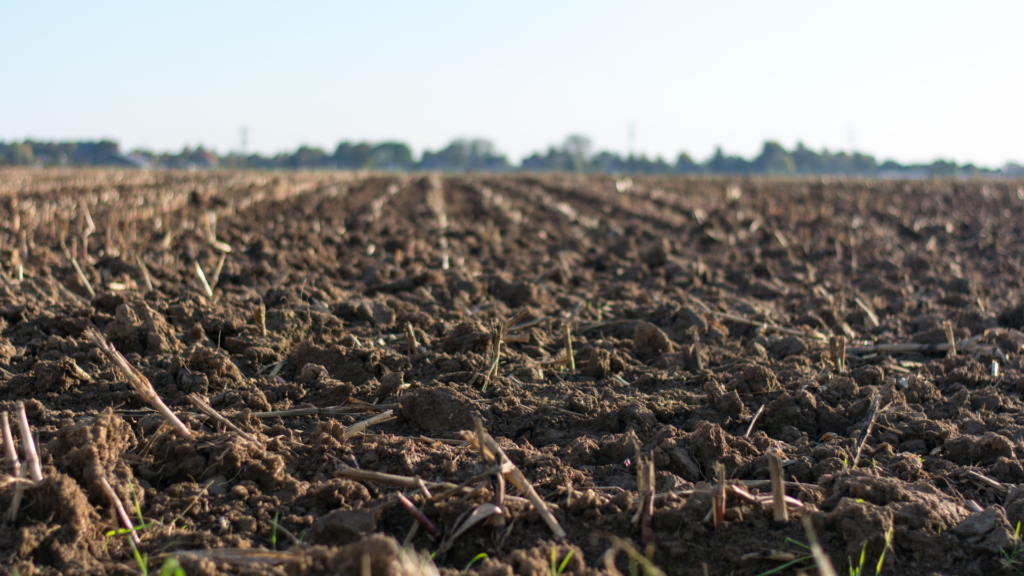Removal of AMR genes and bacteria from wastewater using modular advanced treatment solutions (HOTMATS)
Context
The environment and water bodies are largely unattended and remain a high priority in National Action Plan (NAP) for antimicrobial resistance (AMR). In Ghana, a particular problem of interest is the fact that wastewater effluents are generally untreated and often discharged into water bodies. The Ministry of Health and its implementing bodies are interested in tailored solutions that can be implemented on the ground in Low- and Middle-Income Countries (LMICs) to reduce antibiotic resistant bacteria (ARB) and genes (ARG) in wastewater effluents. This project’s collaboration with the Ministry helps to situate it within the national priorities of the Ghana AMR Policy.
Problem
AMR poses a critical health threat with major economic and societal consequences. Globally, AMR dissemination is mainly due to the emission of antibiotic resistant bacteria (ARB), antibiotic resistance genes (ARG), facultative pathogenic bacteria (FPB) and AMR driving substances, contained in human and animal waste, spilling into the environment. Much effort has been spent on unravelling the sources, sinks and transmission pathways of AMR in a number of AMR screening studies globally. The main hotspots of anthropogenic AMR include:
- point-sources, e.g., hospitals, nursing homes, domestic households, the pharmaceutical industry, animal husbandry, and slaughterhouses
- urban wastewater treatment plants (WWTPs)
- other diffusive sources.
The effluents from AMR hotspots are mostly discharged into the public sewage system, which plays an important role as a recipient of potentially harmful and AMR-driving substances as well as ARB & ARGs.
“The project provides a unique opportunity to test state-of-the art technological solutions in varied real-life settings (low-middle-high income countries) simultaneously. This will help provide valuable learnings for better, quicker and context-specific deployment of technological innovation for AMR mitigation.”
Jyoti Joshi, Senior Science Advisor, ICARS
Project overview
The project aims to design, implement and assess modular advanced technological solutions for effective and decentralized wastewater treatment at selected point sources of antimicrobial resistance (AMR) emergence. The technology being piloted is based on an undescribed blue light-based disinfection, a combined ozonation/advanced oxidation process (O3/AOP), UV-C irradiation and membrane filtration. The project uses blue light in an advanced flow reactor system to destroy antimicrobial resistant bacteria (ARB) and facultative pathogenic bacteria (FPB) in wastewater, will demonstrate the superiority of the novel pilot-scale treatment systems as opposed to state-of-the art solutions by collecting and treating effluents from AMR hotspots, including a hospital, nursing homes, and a slaughterhouse and a cost-benefit analysis which includes a willingness to pay study for transfer of technology to LMICs for decentralised waste water treatment.
Outcomes
- Establish a new technological decentralized and source-orientated approach to contribute to the reduction of the burden of AMR at important sources, i.e., hospitals, nursery homes, slaughterhouse, and major transport pathways.
- Quickly translate research into commercialisation of outputs in the form of intervention technology development, and policy uptake by local (regulators of hospitals, nursery homes, food production) and regional/governmental authorities.
- Combine the scientific and interdisciplinary competences and data across our international consortium, as well as knowledge transfer to LIMCs.
- Create a new hub for sharing knowledge, data and technology between researchers, stakeholders (hospitals, WWTPs, food industry) and authorities, to strengthen the cooperation between EU and non-EU countries.
Facts
Region: Africa
Sector: One Health
Country: Ghana
Type: Supporting activity
Country partners: University of Ghana, College of Health Sciences
Funding partners: JPIAMR Research Partners: Karslruhe Institute of Technology (KIT), Germany; Norwegian Institute of Water Research (NIVA), Norway; University of Nairobi, Kenya
Timescale: February 2022- January 2024
ICARS funding: 250,000 EURO
ICARS Science Team

Resources
Share
Share this project on socials
Featured projects


